
Shocking simulation shows exactly what happens to your body if you stop eating sugar for 2 weeks
A groundbreaking simulation has revealed just how dramatically the human body can transform when sugar is completely eliminated for two weeks. The results are nothing short of astonishing, showing that the change impacts everything from your mood and energy to your weight and long-term health.
Sugar has long been under the microscope as one of the leading contributors to the obesity crisis in the United States. Beyond the waistline, it’s also notorious for wreaking havoc on dental health. Health professionals have repeatedly warned that diets loaded with sweetened drinks, candy, pastries, and other processed treats significantly increase the risk of type 2 diabetes, heart disease, and other chronic conditions.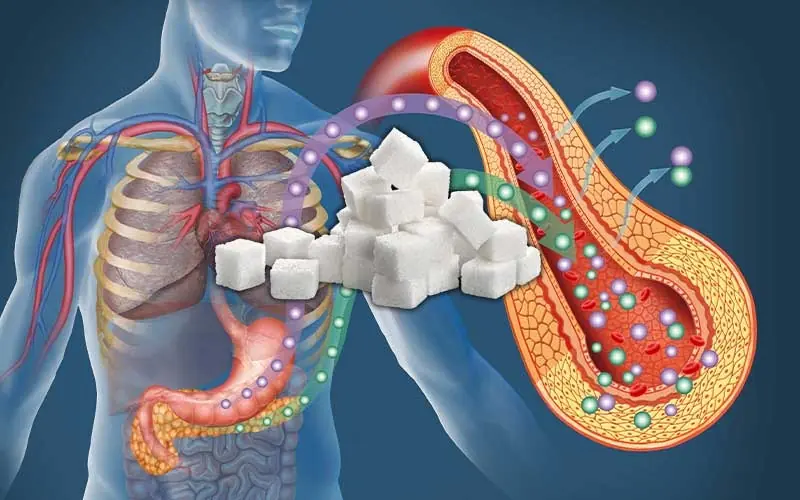
While most people understand the benefits of cutting back, removing sugar entirely from a modern diet is easier said than done. The reason lies in how sugar interacts with the brain. Much like addictive substances, sugar stimulates the reward center, triggering a rush of dopamine — the “feel-good” hormone — which makes us crave it repeatedly.
Not all sugars are equal, however. Natural sugars found in whole foods like fruit, dairy, and certain vegetables come packaged with fiber, vitamins, and minerals essential for overall well-being. The real culprits are added and artificial sugars, which flood processed foods without offering any nutritional value.
The viral simulation by @GrowfitHealth puts this to the test, showing how the body gradually adjusts to life without sugar. While the transition is far from smooth, the video highlights a fascinating timeline of changes that occur day by day.
Day 1–2: The First 48 Hours
In just two days, blood sugar levels start to stabilize. This means fewer energy spikes and crashes throughout the day. Some people notice the scale shift slightly as the body releases excess stored water. Even more encouraging, your metabolism begins to tap into fat reserves for fuel.
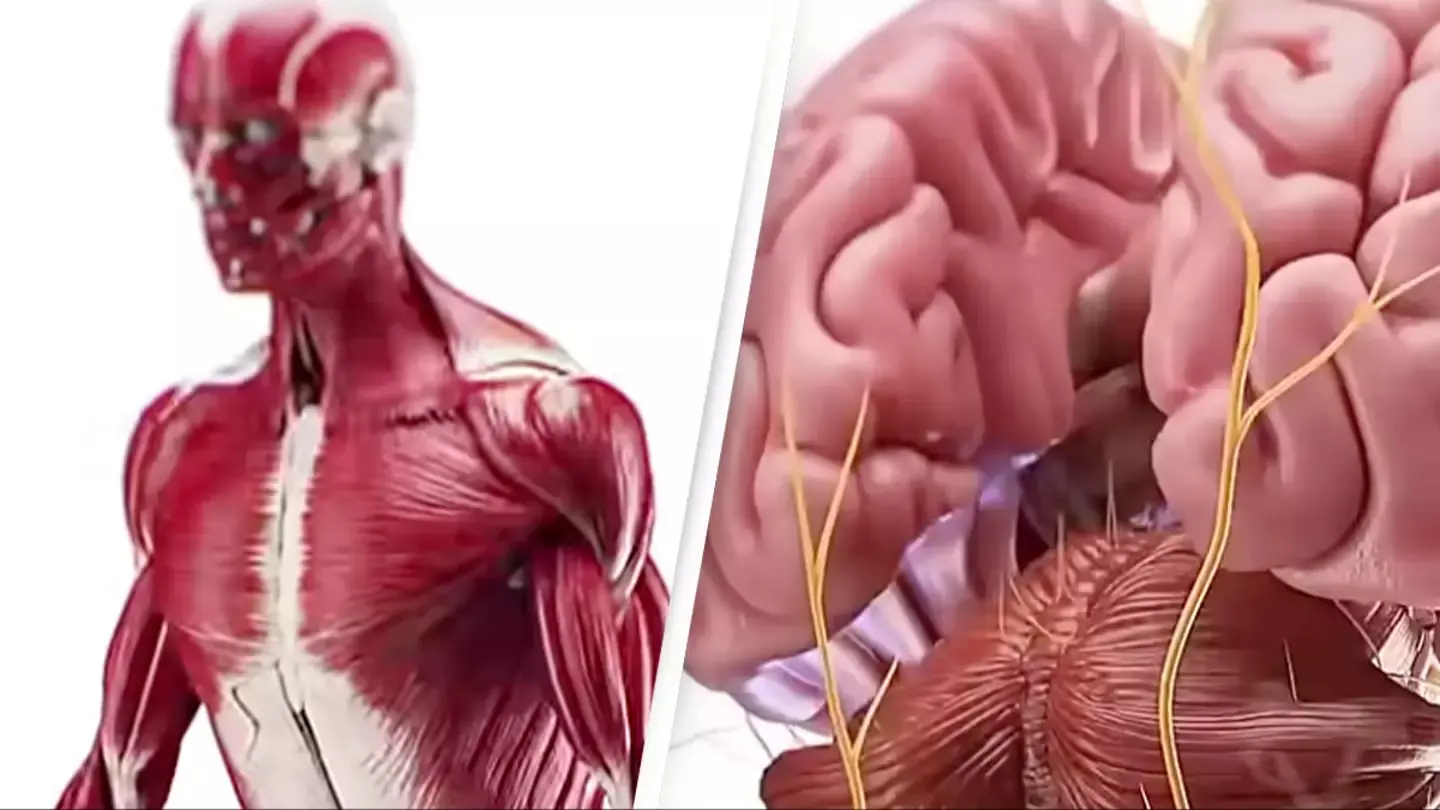
Day 3–6: The Withdrawal Phase
This is where things get tough. As the simulation explains, “You may experience headaches, mood swings, and fatigue.” This detox period is the body’s way of recalibrating, flushing out excess sugar, and adjusting to new energy sources.
The team at Addiction Help confirms these findings, noting that early withdrawal often includes headaches, nausea, irritability, and increased anxiety. Thankfully, these symptoms typically fade within a few days, and most people begin to feel more balanced by the end of this phase.
Day 7–9: A New Palate
Around the one-week mark, the mental fog begins to lift. Your taste buds become more sensitive, making whole foods — especially fruit — taste naturally sweeter and more satisfying. The simulation notes, “Your palate becomes sensitive to subtle flavors and you’ll find fruits tasting extra sweet.”
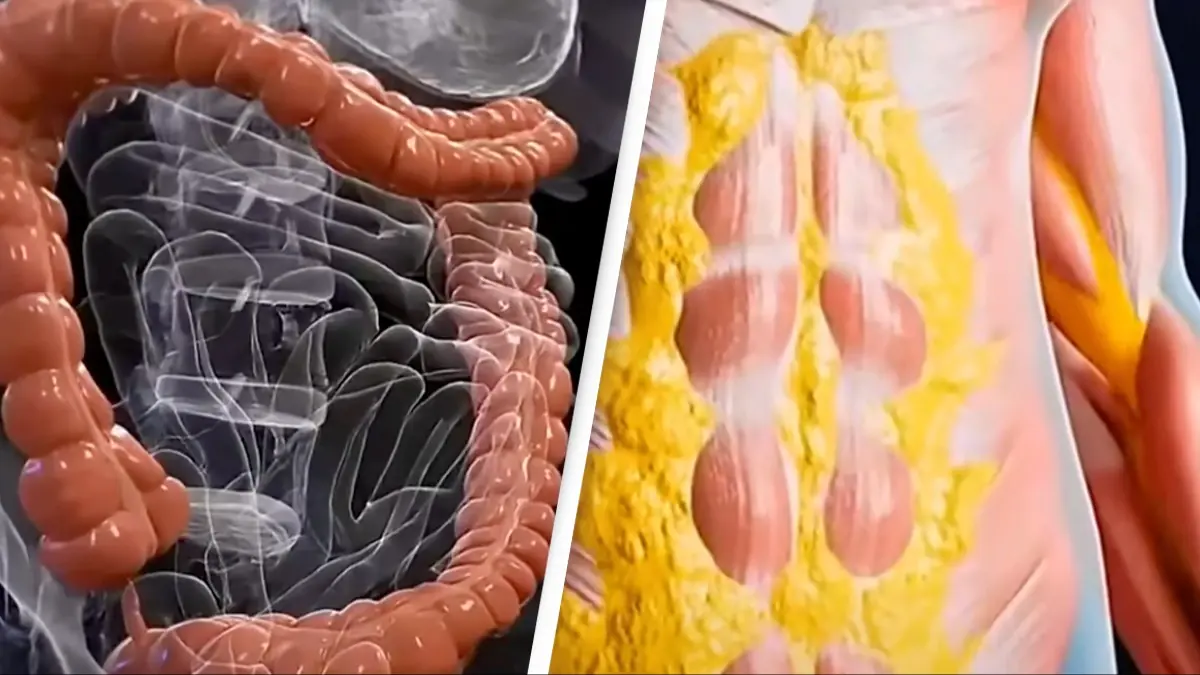
Day 10–14: The Energy Surge
By the second week, your body has adapted to running on cleaner fuel sources like healthy fats and complex carbohydrates. Energy levels soar, sleep quality improves, and the dreaded mid-afternoon slump disappears. As the simulation puts it, “Energy shoots up and you’ll notice no more sugar crashes — just steady, clean fuel.”
The Long-Term Payoff
Cutting sugar doesn’t just help with weight control. According to EatingWell, reducing added sugars can lower the risk of developing depression, anxiety, and other mood disorders. Research also links high sugar intake to cardiovascular issues due to its effect on blood pressure and inflammation.
The Cleveland Clinic recommends a few strategies for long-term success: never skip meals, stay hydrated, prioritize sleep, eat plenty of fresh produce, and maintain regular physical activity to help regulate mood and curb cravings.
Quitting sugar may feel like a steep climb at first, but this two-week transformation proves the human body is remarkably adaptable. With each day, the benefits stack up — paving the way for a healthier, more energized future.
News in the same category


Study Links Fries, but Not Other Forms of Potato, With Diabetes

How to Lower High Blood Pressure Quickly Without Medications (Evidence Based)

Why You Should Start Using Coconut Oil as a Toothpaste
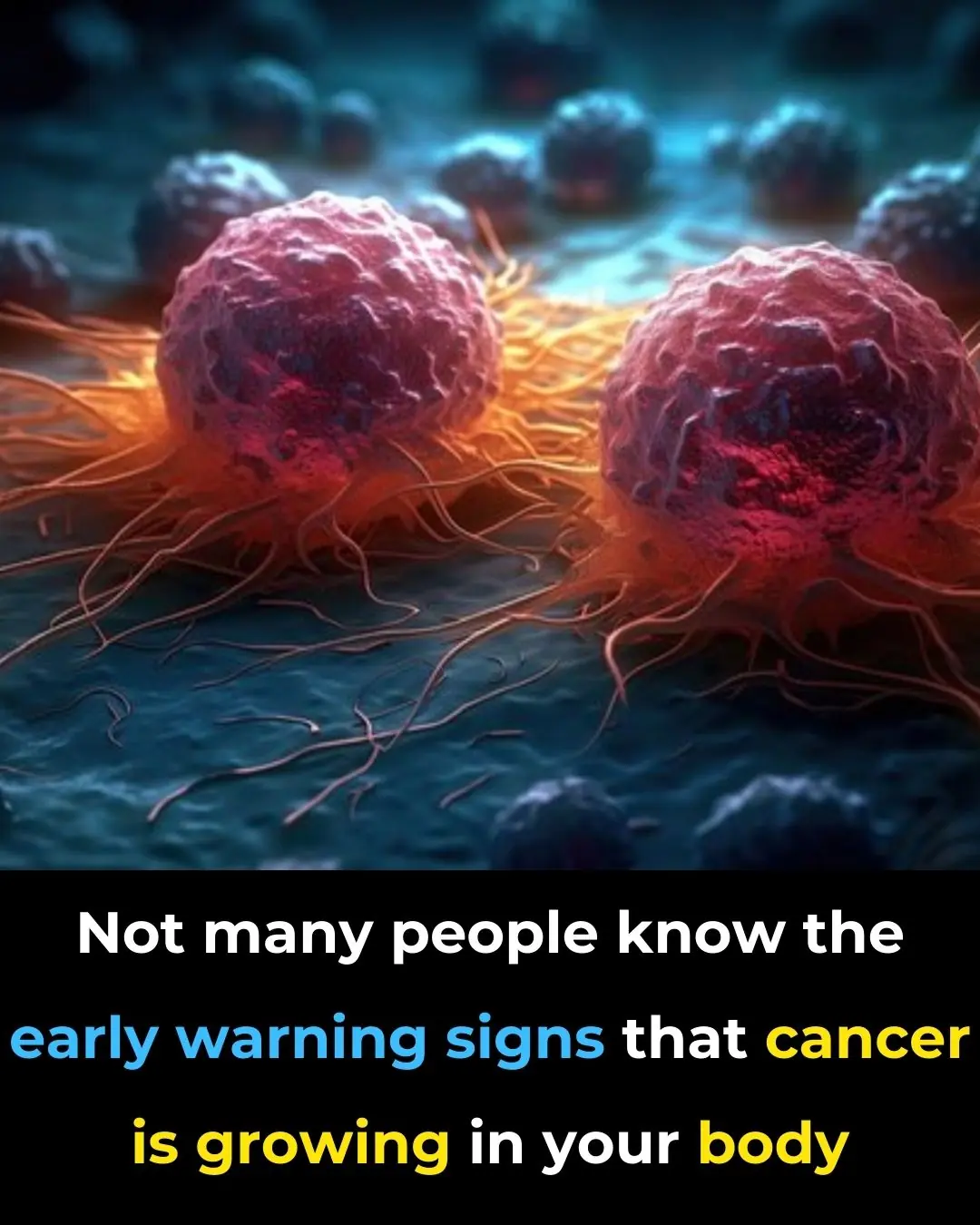
20 Early Cancer Signs You Should Never Ignore
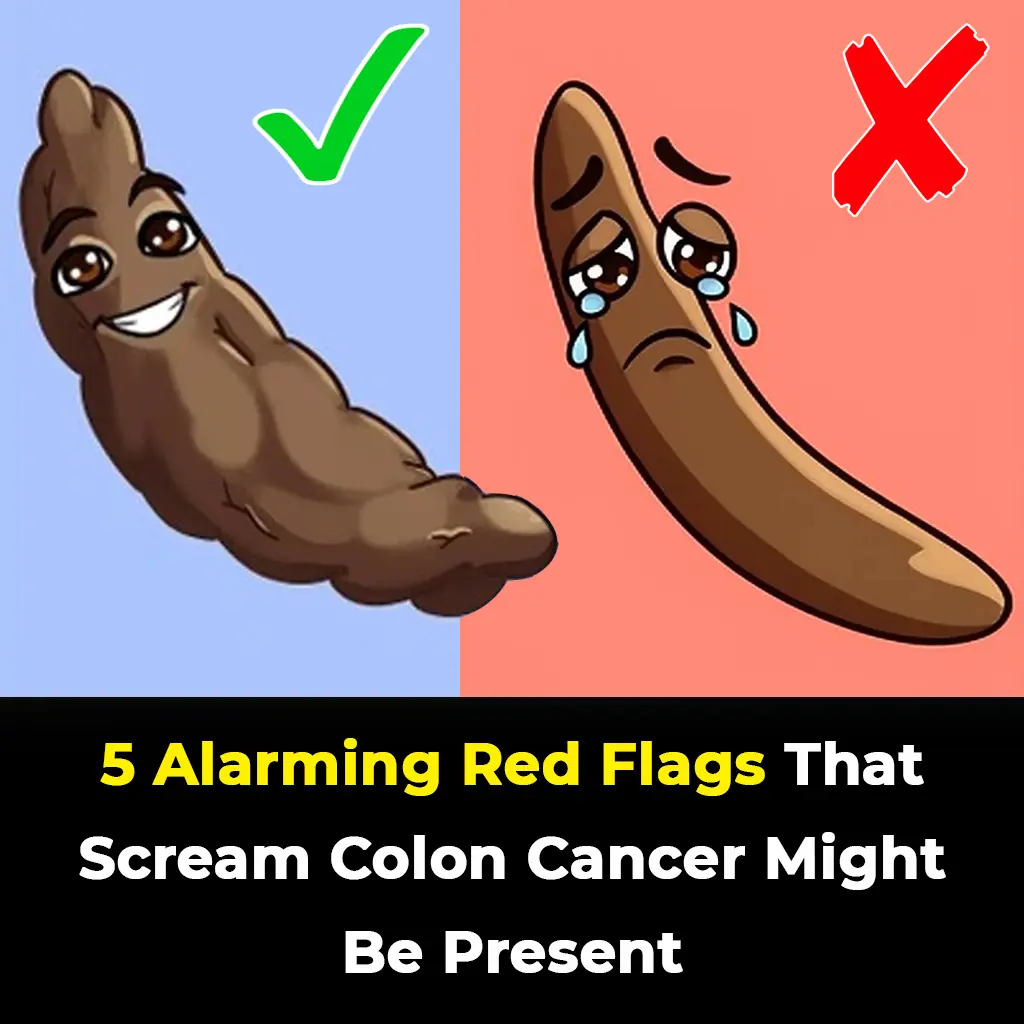
5 Warning Signs That Could Indicate Colon Cancer

11 Sh0cking Causes of Red Dots on Your Skin and How to Treat Them
While some red dots on your skin may resolve on their own or with simple remedies, others can and should require medical attention.

Healing Power of Castor Leaves: Natural Benefits and Must-Know Safety Tips

Here’s Why You Shouldn’t Sleep With A Fan At Night
Sleeping with a fan might seem harmless — even comforting — but its hidden effects can chip away at your comfort and long-term sleep quality.

36-Year-Old Teacher D!es From Diabetes Caused by Common Foods, Experts Say
Diabetes is a serious health condition with long-term consequences if left unmanaged.

Finger Test For Lung Cancer Could Determine Cancer Risk
While finger clubbing itself is a symptom rather than a disease, adopting healthy lifestyle habits can help reduce the risk of underlying conditions that cause it.

The Ultimate Guide to Cloves: Benefits, Uses, and How They Work
Cloves aren’t just a fragrant kitchen spice — they’re a centuries-old natural remedy packed with healing power. From boosting immunity to easing pain, these tiny buds hold surprising benefits you can easily tap into at home.

What Are Eye Floaters? Here What To Do If you Start Seeing Them, According to an Eye Doctor

11 Reasons Why You Have Red Dots On Your Skin
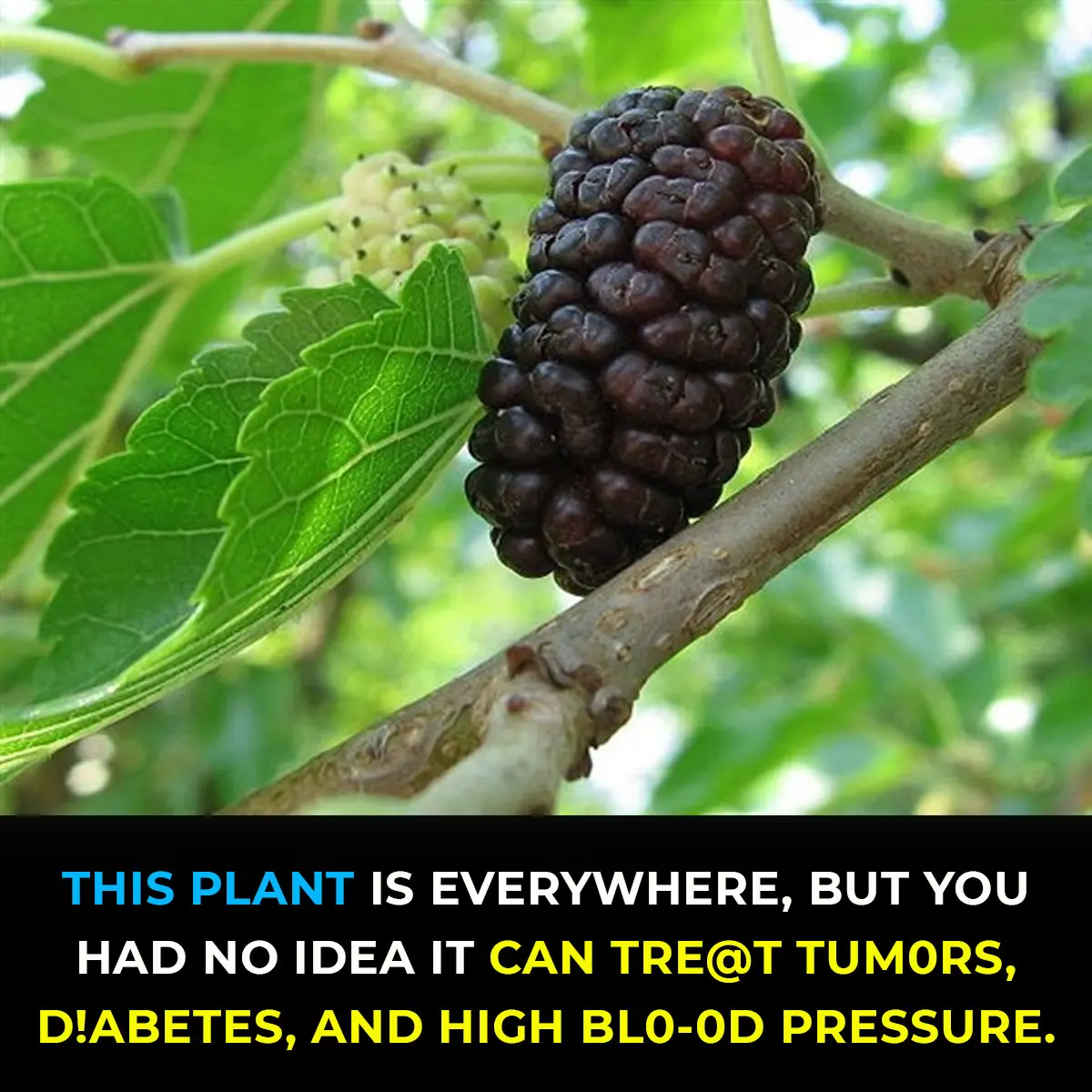
Common Backyard Plant May Help Fight Tumors, Diabetes, And High Blood Pressure

Over 200 People Are Killed By The “World’s Deadliest Food” Every Year, But Almost 500 Million People Still Eat It
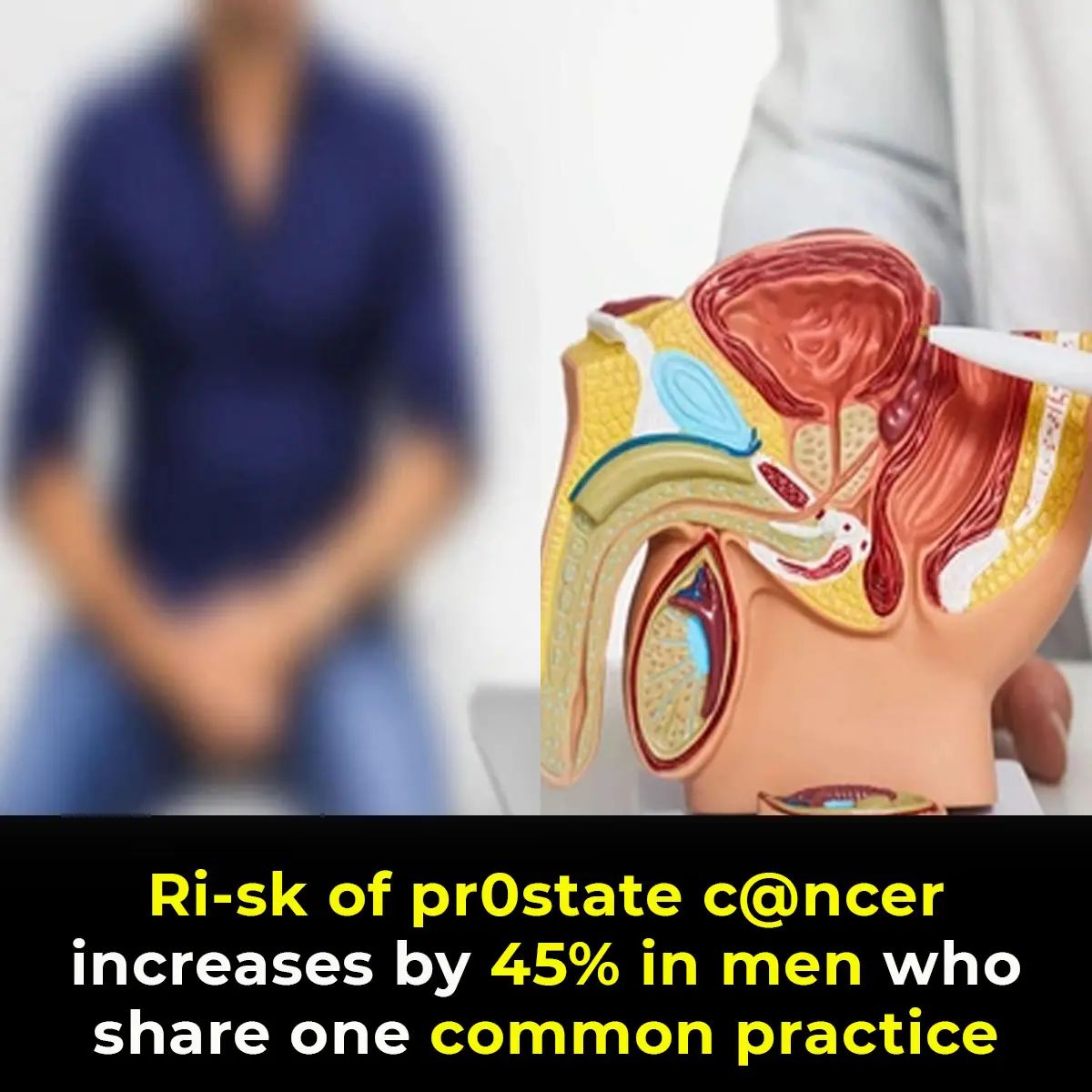
Men Who Neglect This Crucial Practice Face 45% Higher Risk of Prostate Cancer
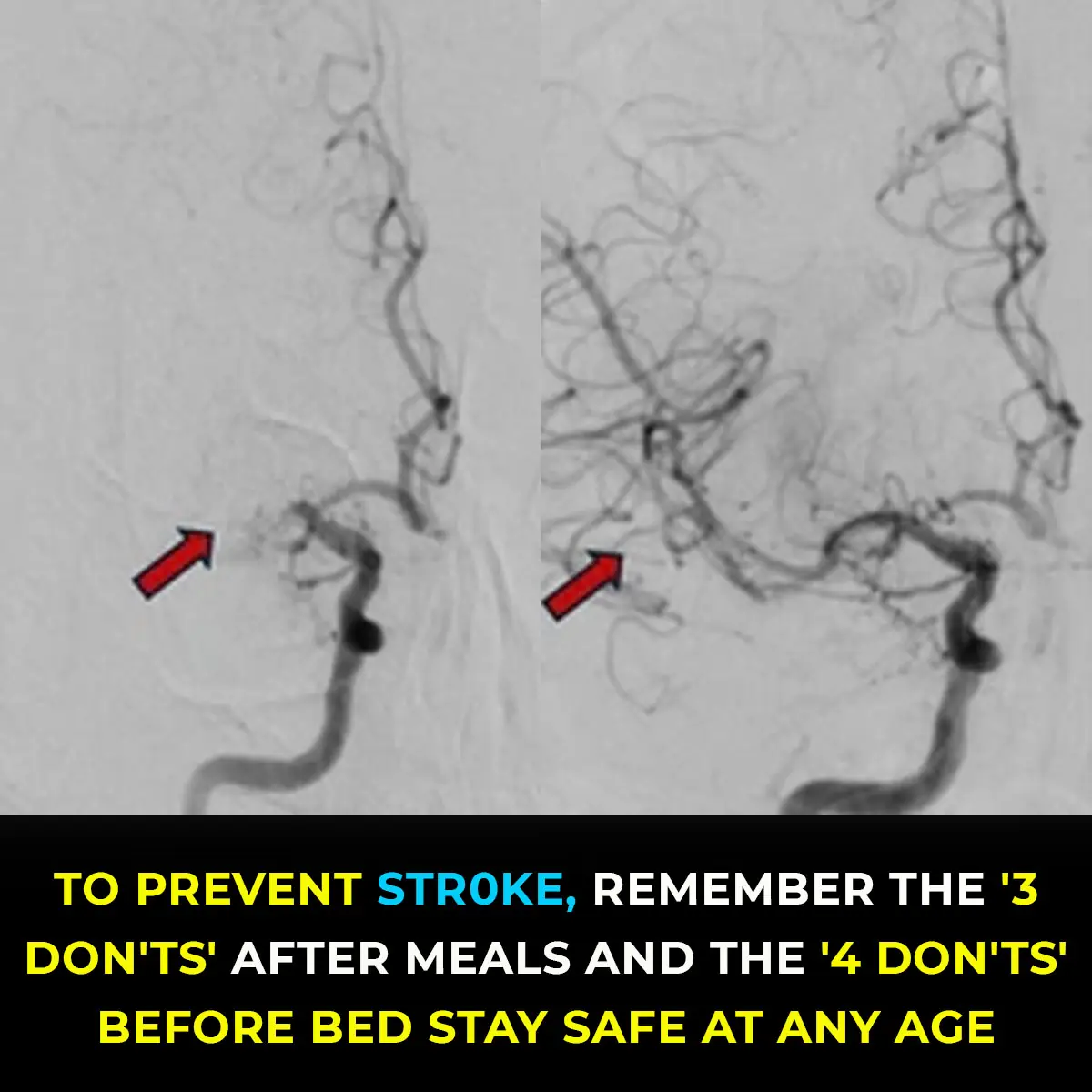
Preventing Stroke At Any Age: 3 “Don’ts” After Meals—And 4 “Don’ts” Before Bed

Revolutionary HIV Treatment: Lenacapavir Achieves 100% Clinical Efficacy
News Post

8 Potential Health Benefits of Nuts

Study Links Fries, but Not Other Forms of Potato, With Diabetes

How to Lower High Blood Pressure Quickly Without Medications (Evidence Based)

Why You Should Start Using Coconut Oil as a Toothpaste

20 Early Cancer Signs You Should Never Ignore

7 Signs That Your Partner Isn’t In Love And Is Just Settling For You

5 Warning Signs That Could Indicate Colon Cancer

Nurse reveals the 4 final phrases she hears people say before they die
A veteran hospice nurse has shared the deeply moving — and sometimes surprising — last phrases she’s heard from patients in their final moments. Her insights reveal that real-life goodbyes are far from the dramatic Hollywood scenes we’ve come to e

11 Sh0cking Causes of Red Dots on Your Skin and How to Treat Them
While some red dots on your skin may resolve on their own or with simple remedies, others can and should require medical attention.

Never store your cooked rice without knowing this
Leftover rice may seem harmless, but if stored the wrong way, it can quickly become a breeding ground for dangerous bacteria. Experts warn that this common mistake, known as “fried rice syndrome,” can cause serious foodborne illness within hours.

Healing Power of Castor Leaves: Natural Benefits and Must-Know Safety Tips

Here’s Why You Shouldn’t Sleep With A Fan At Night
Sleeping with a fan might seem harmless — even comforting — but its hidden effects can chip away at your comfort and long-term sleep quality.

36-Year-Old Teacher D!es From Diabetes Caused by Common Foods, Experts Say
Diabetes is a serious health condition with long-term consequences if left unmanaged.

Finger Test For Lung Cancer Could Determine Cancer Risk
While finger clubbing itself is a symptom rather than a disease, adopting healthy lifestyle habits can help reduce the risk of underlying conditions that cause it.

The Ultimate Guide to Cloves: Benefits, Uses, and How They Work
Cloves aren’t just a fragrant kitchen spice — they’re a centuries-old natural remedy packed with healing power. From boosting immunity to easing pain, these tiny buds hold surprising benefits you can easily tap into at home.

What Are Eye Floaters? Here What To Do If you Start Seeing Them, According to an Eye Doctor

Many People Still Think That These 2 Buttons Are Just For Flushing

11 Reasons Why You Have Red Dots On Your Skin
